Traditional Korean Tea houses in Jeonju: Dainchon and Wansan Dawon
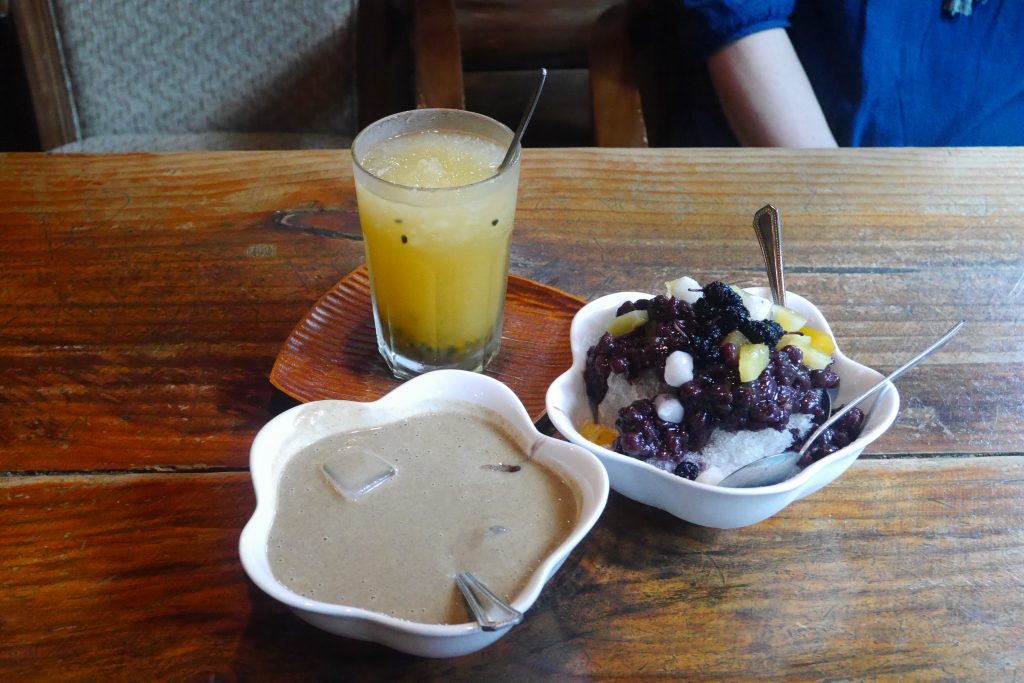
The autumn has begun. But it seems that I still need a break to recover from the summer heat.
Today, I will introduce two traditional Korean teahouses in Jeonju. They offer great moments for relaxation from busy everyday life.
Dainchon
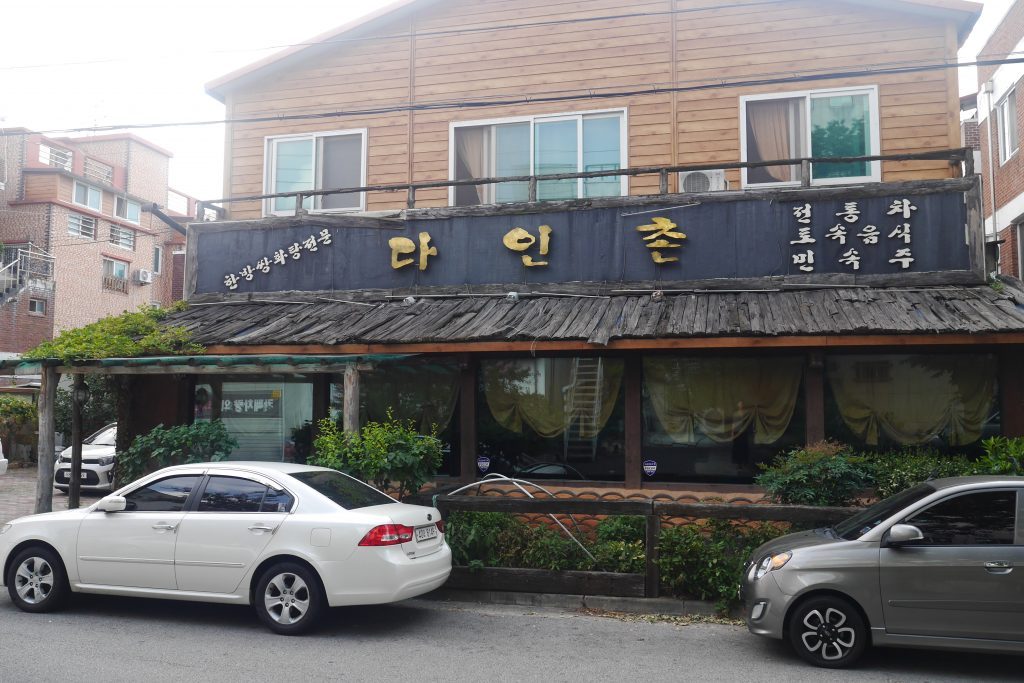
Dainchon teahouse is located in the bustling Seosin-dong district. The building, from the outside, looks like a hut in a mountain village.
The air in this teahouse, which is a block away from the busy main road, is quiet and relaxed.
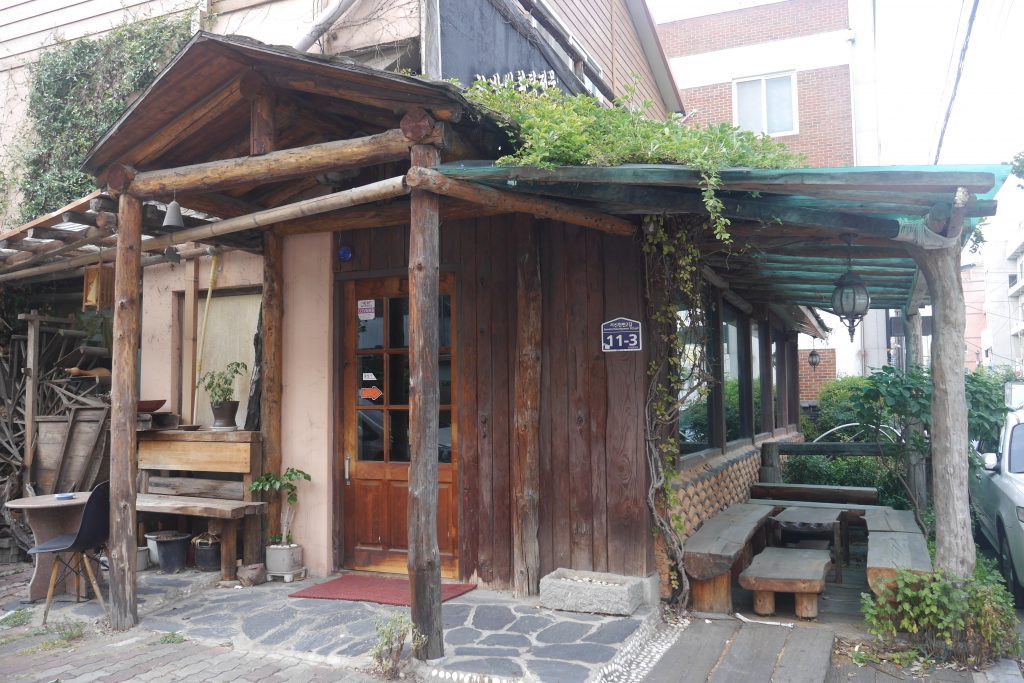
The air surrounding the teahouse reminds me of the Chronicles of Narnia.
The gate in the front seemed to be leading to a totally different world.
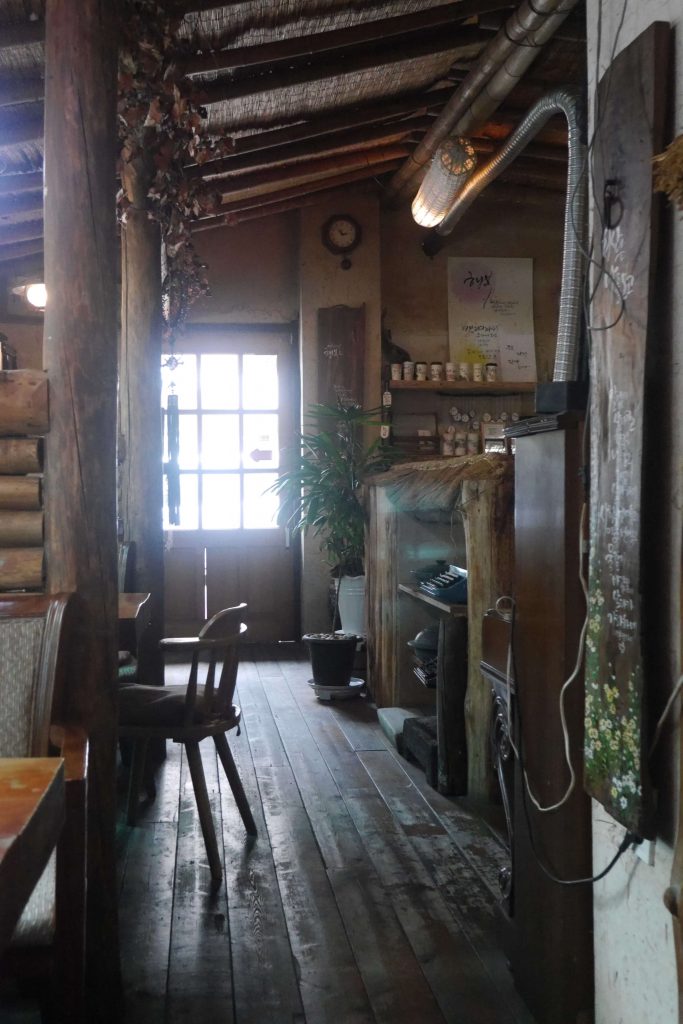
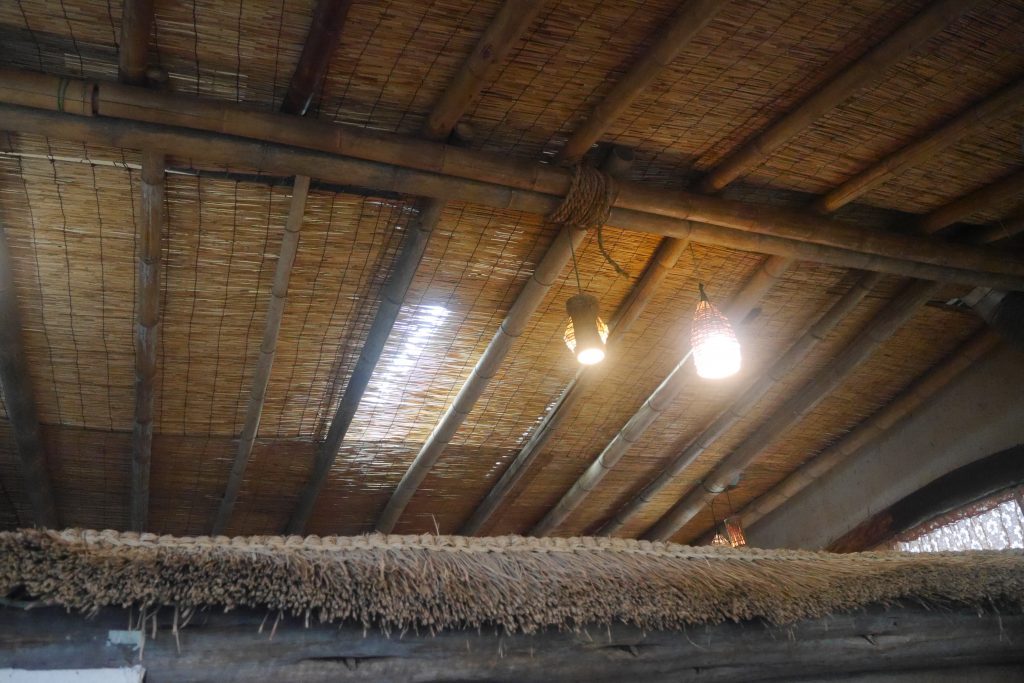
Inside the teahouse was indeed very different from the outside.
The thatched roof, wooden floor, and the pouring afternoon sunlight were snug and relaxing.
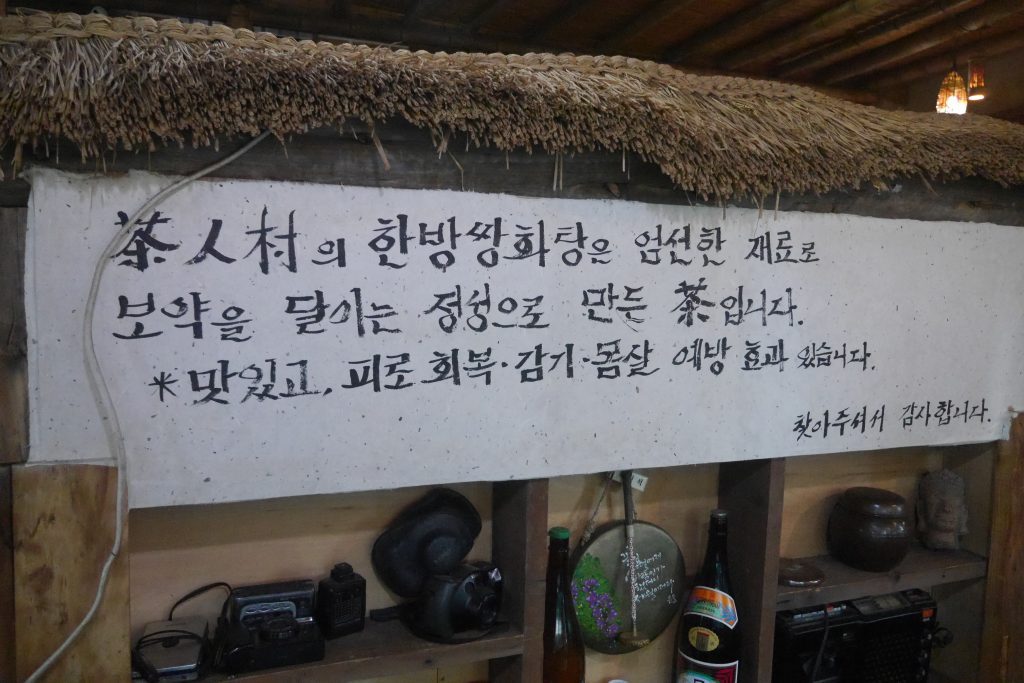
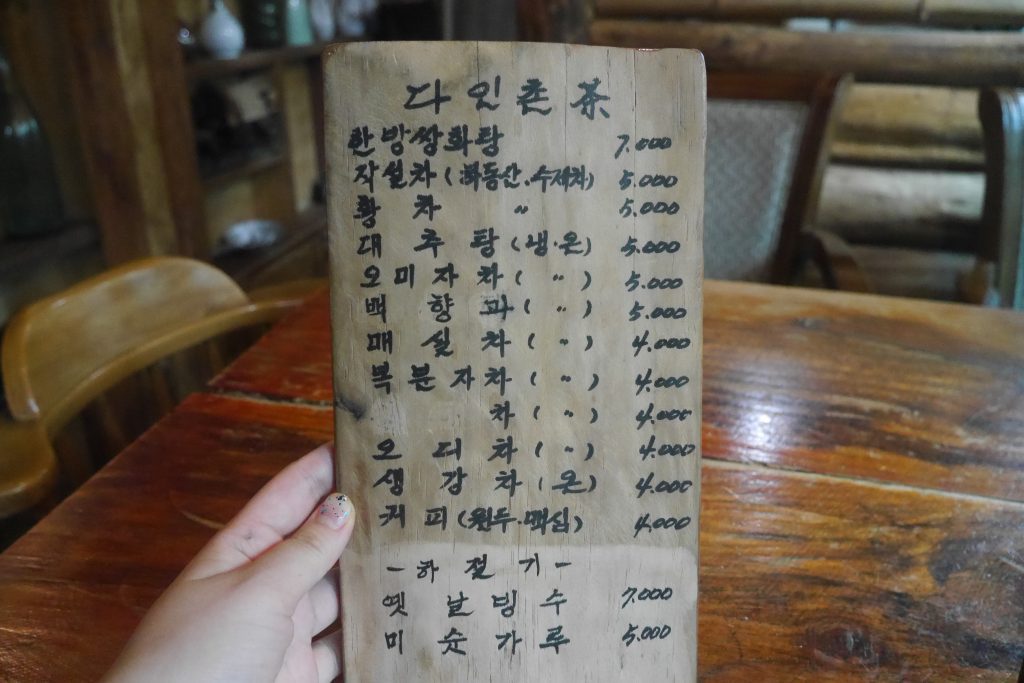
Dainchon is famous for ssanghwatang(Korean herb tonic tea made from peony, rehmannia, Korean angelica, and others).
My parents also frequent the teahouse for a cup of ssanghwatang, especially when it gets colder. Because it was still very warm, I ordered bingsu(adzuki bean sorbet), misutgaru(roast grain power and cold water blend), and baekhyanggwacha.
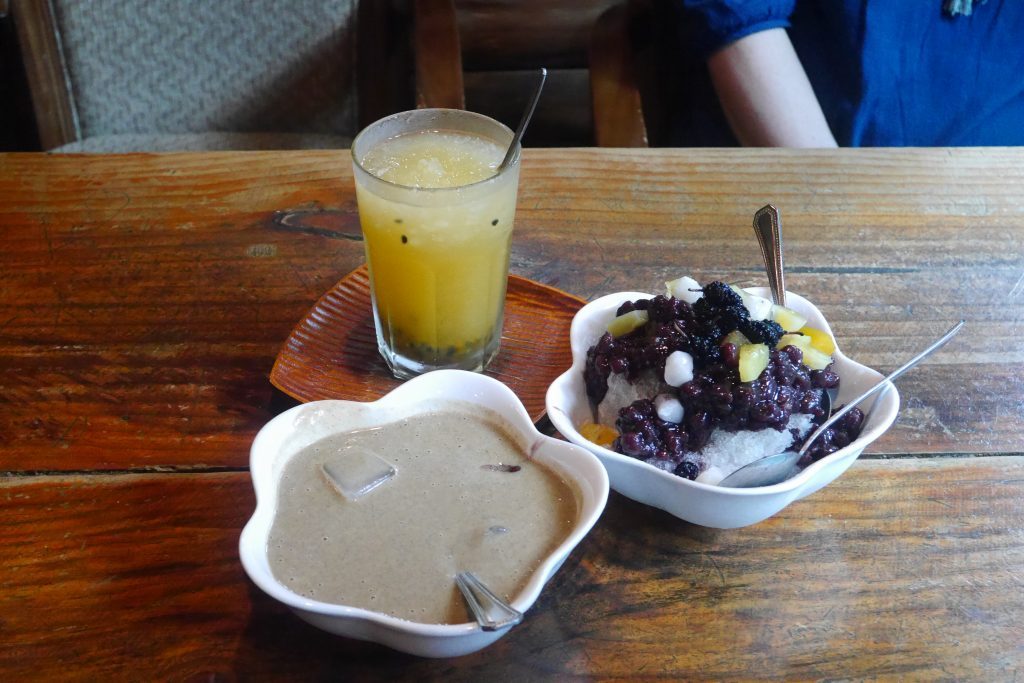
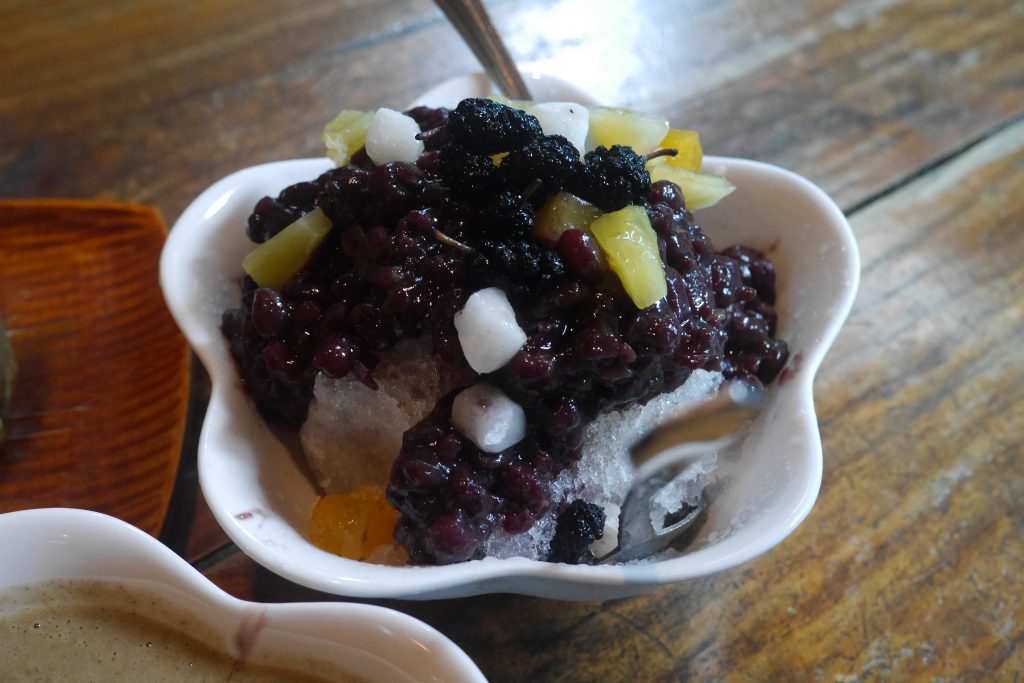
This is the sorbet topped with adzuki bean and mulberry. The texture of the house-made adzuki beans was adequately firm. The beans weren’t too sweet, which was good.
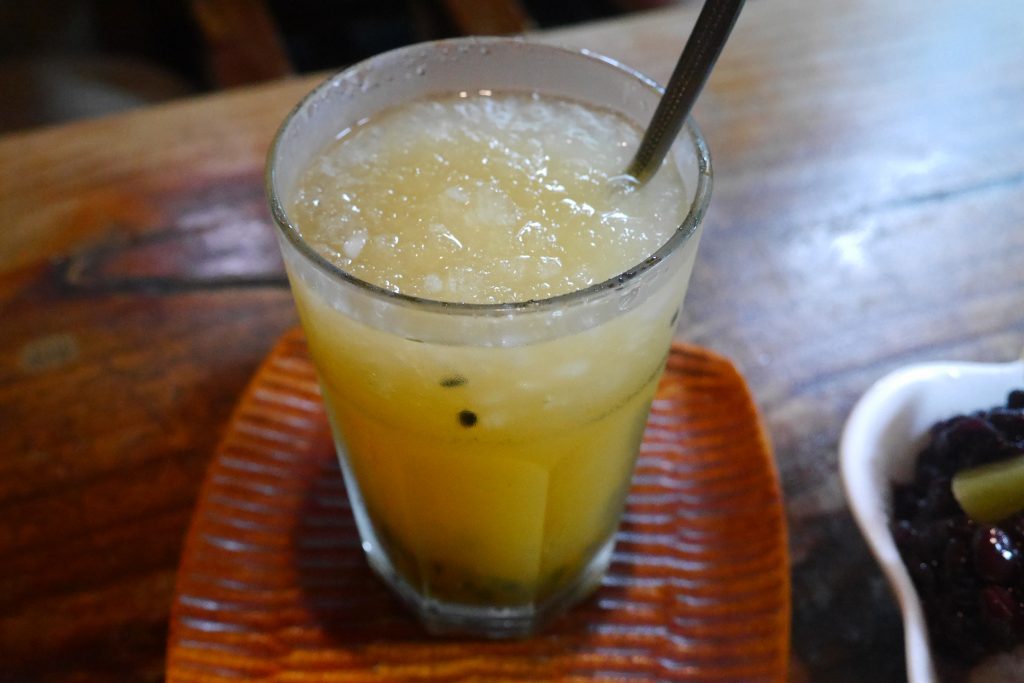
It was my first time trying a tea made from baekhyanggwa, something similar to passionfruit. The sweet and sour fruit was from the garden of the owner’s friend. Misutgaru tasted just like my grandma’s – sweet, thick, and cold. The menu choice was successful.

Warm baked rice cake went well with the cold beverages.
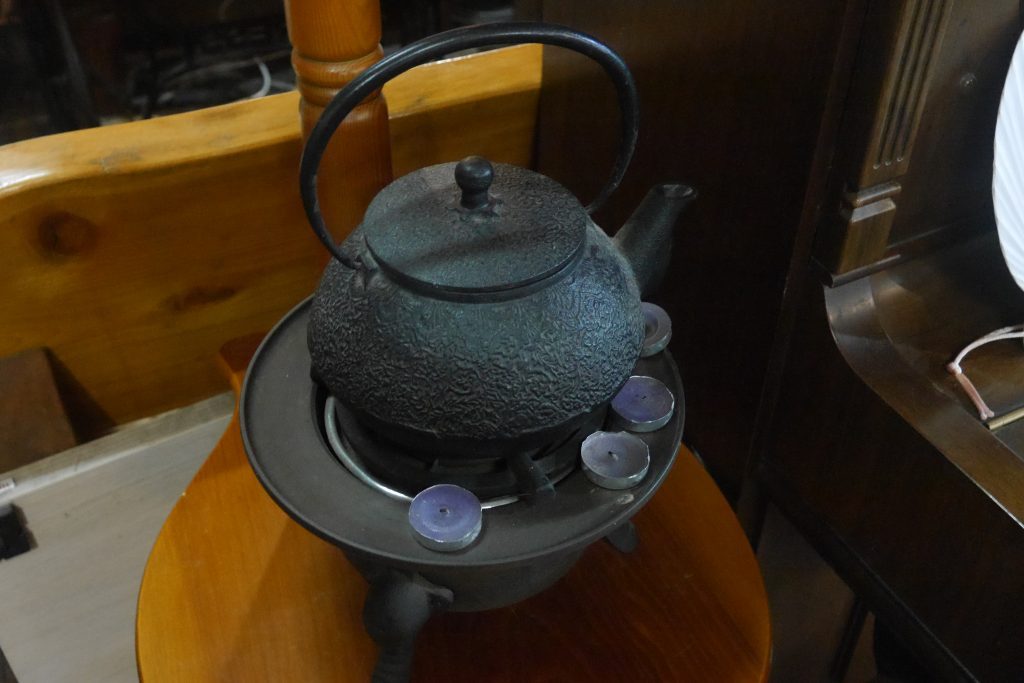
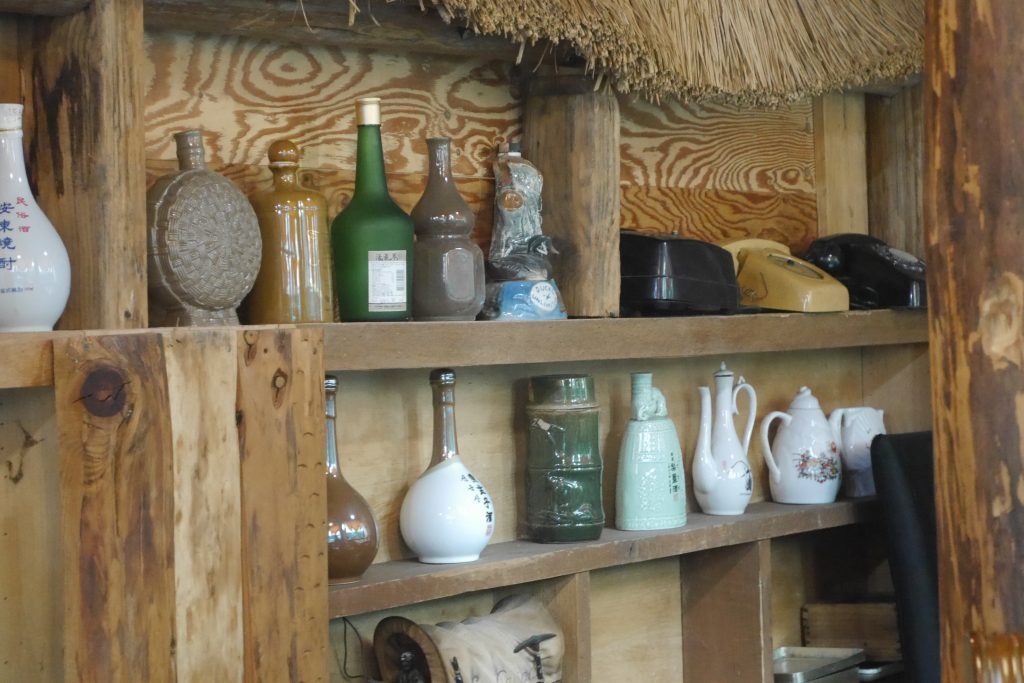
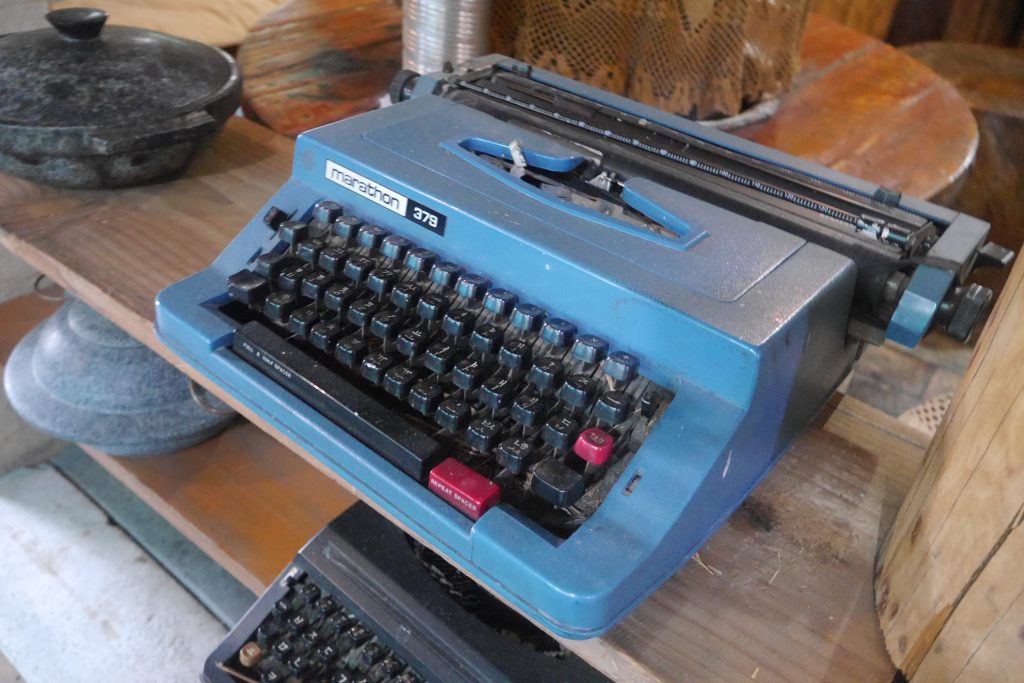
The teahouse is decorated with the things from the past. They bring back old memories to adults and curiosity to youngsters. It seems like I’ve traveled back in time for a while.
Address: 849-8 Seosin-dong, Wansan-gu, Jeonju
Contact:: 063-274-2516
Opening hours: Weekdays and Saturday 1100~2400; Sunday 1500~2400
Wansan Dawon
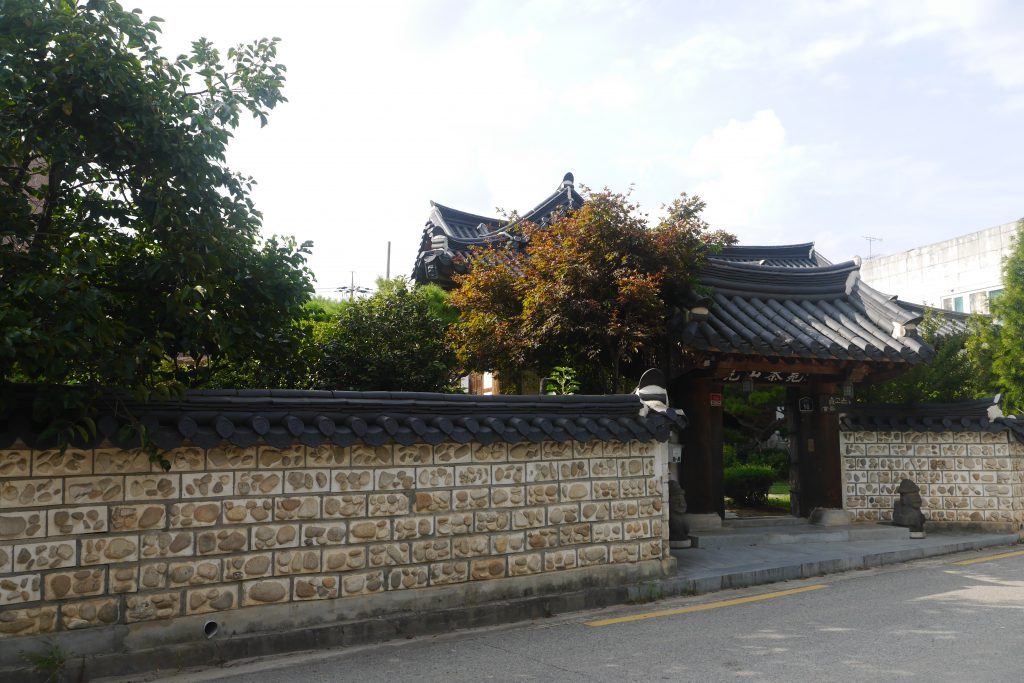
I also visited Wansan Dawon teahouse. Oddly, the teahouse is located in the middle of quiet residential area, between Jeonghyesa temple and Samchun-dong district.
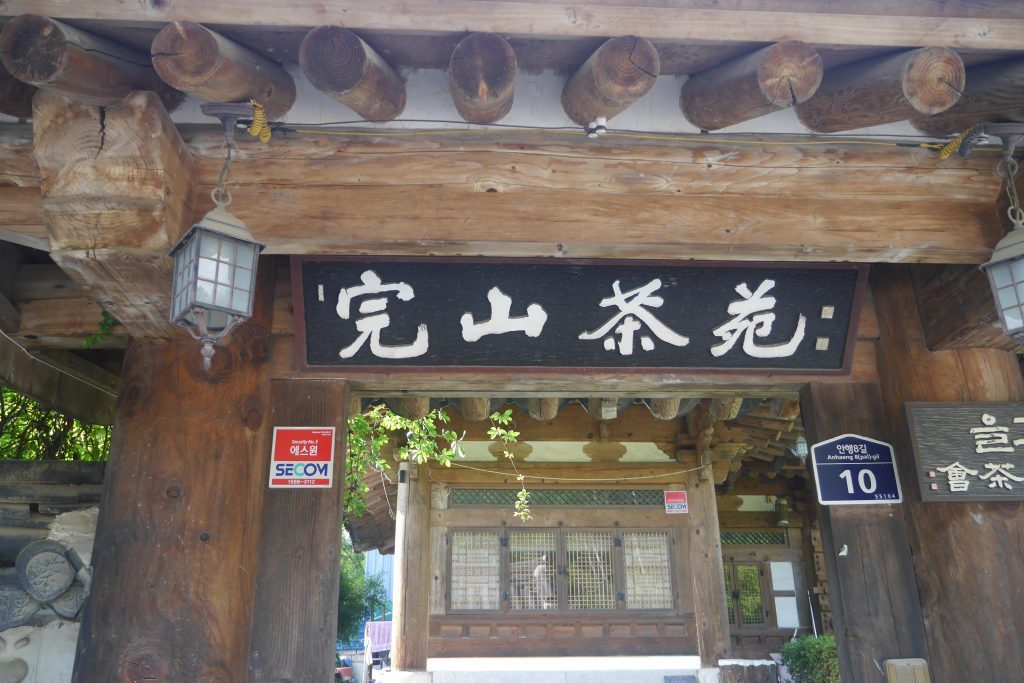
Wansan Dawon was initially built by a master carpenter in 2001. The original building was burnt down in 2004, but was rebuilt again. For almost 20 years, the teahouse has been very popular among the locals.
I regularly visit Wansan Dawon when an important guest visits or on a special day. I believe the teahouse represents the overall atmosphere of the city of Jeonju: it’s relaxing, quiet, and humble, but also very elegant.
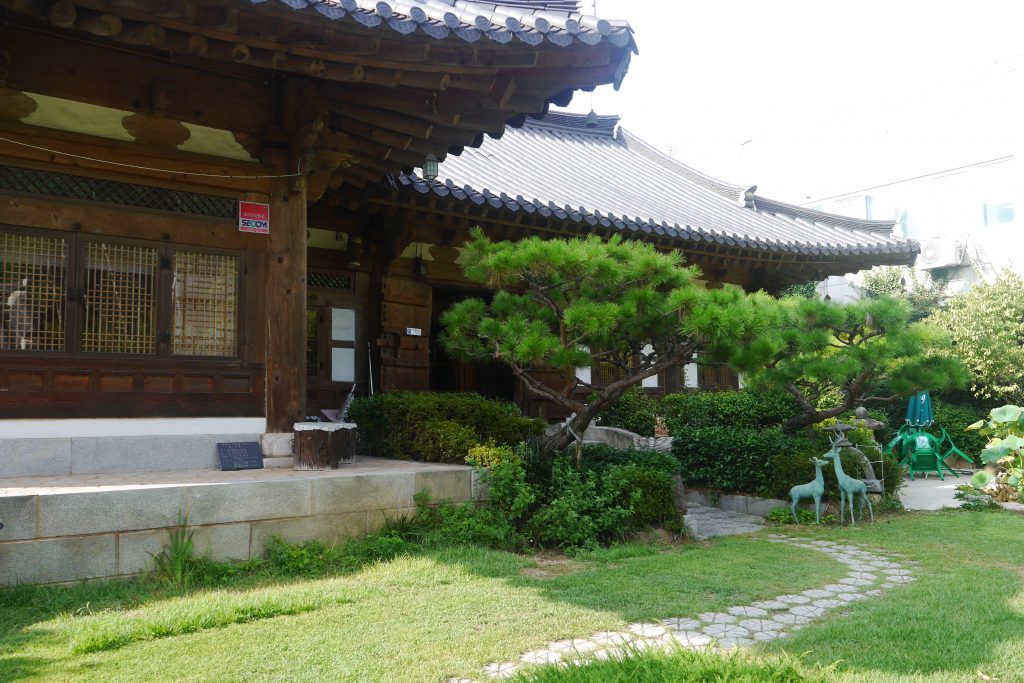
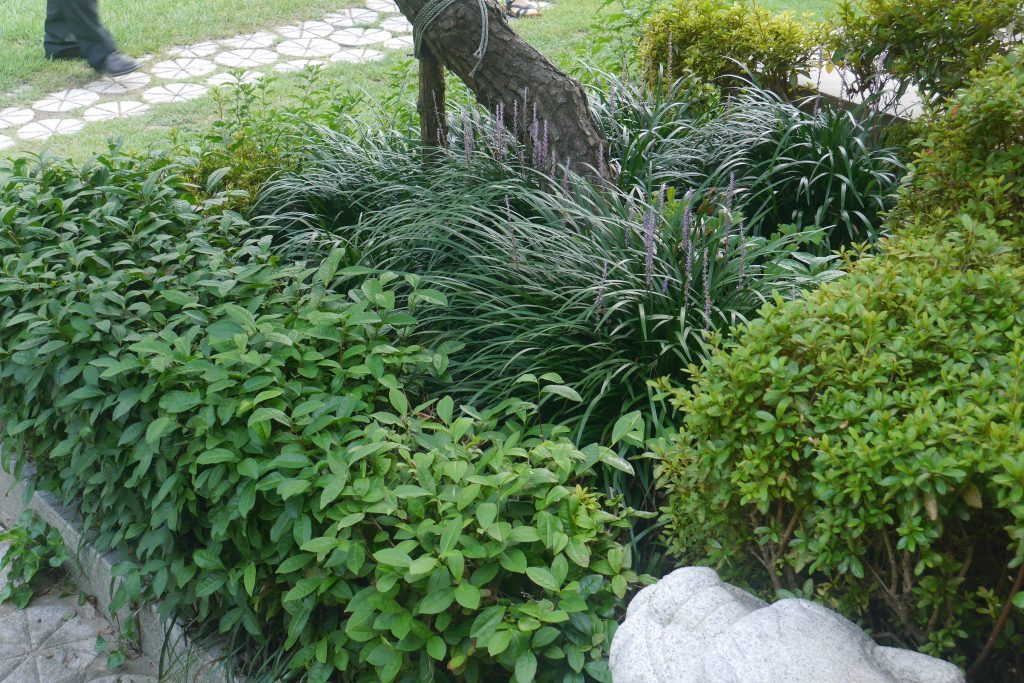
As I pass through the gate, I come across the lush green garden and the courtyard. The view changes according to the season. I also love the quiet snow-covered scenery of the courtyard in winter. That’s why I regularly visit this teahouse.
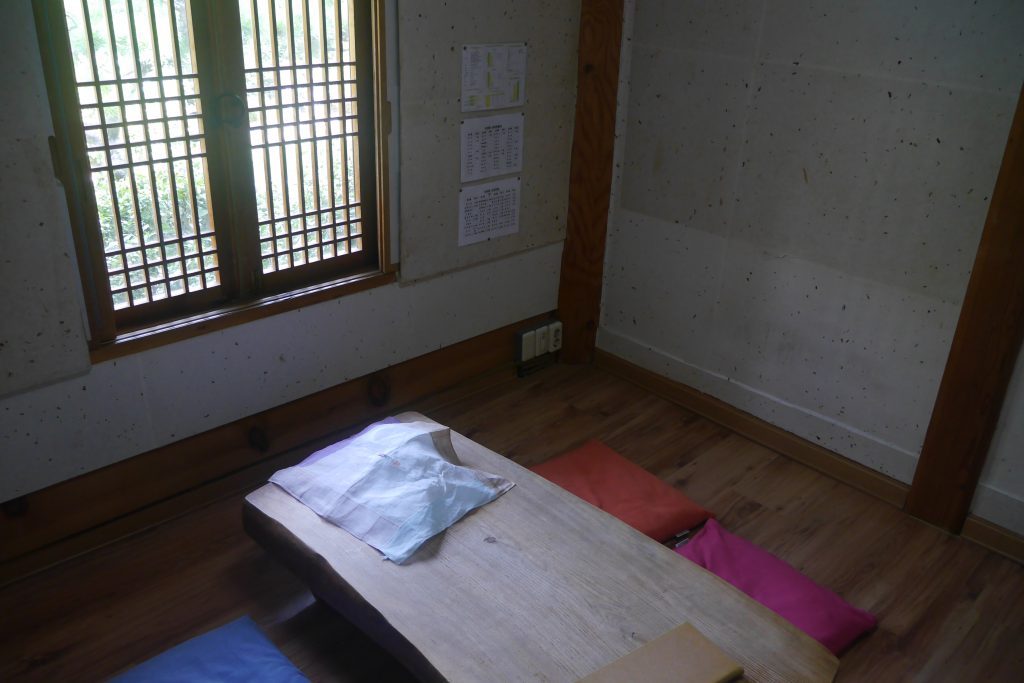
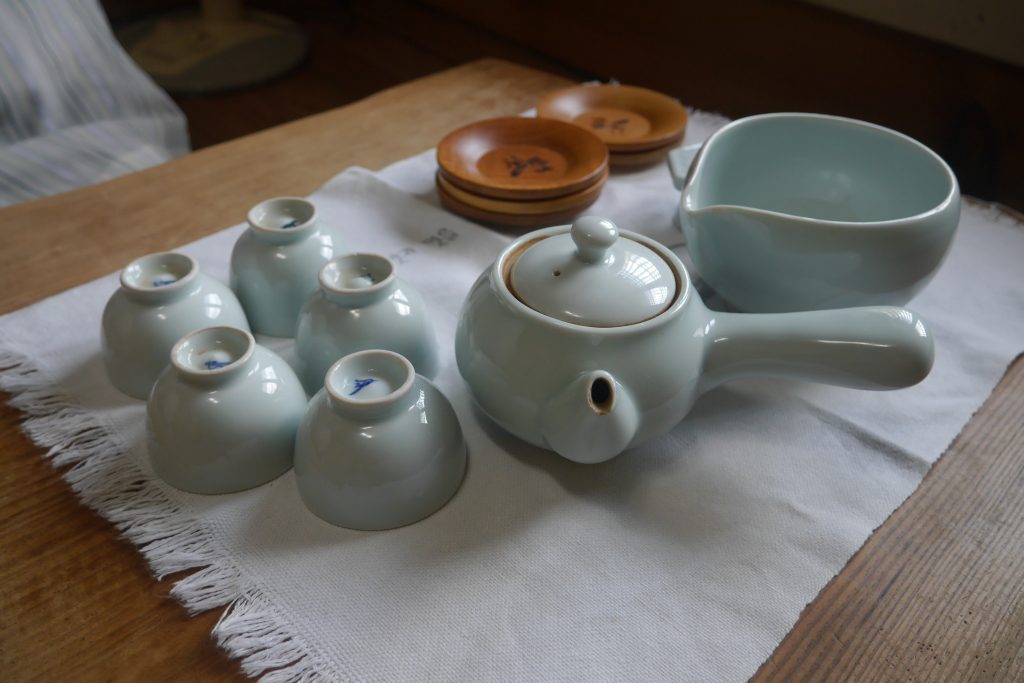
One good thing about Wansan Dawon is that all the tables are separated in each room. Thus it’s more cosy and private. The rooms are air-conditioned in summer and floor-heated in winter. It’s also difficult to stand up once I sit.
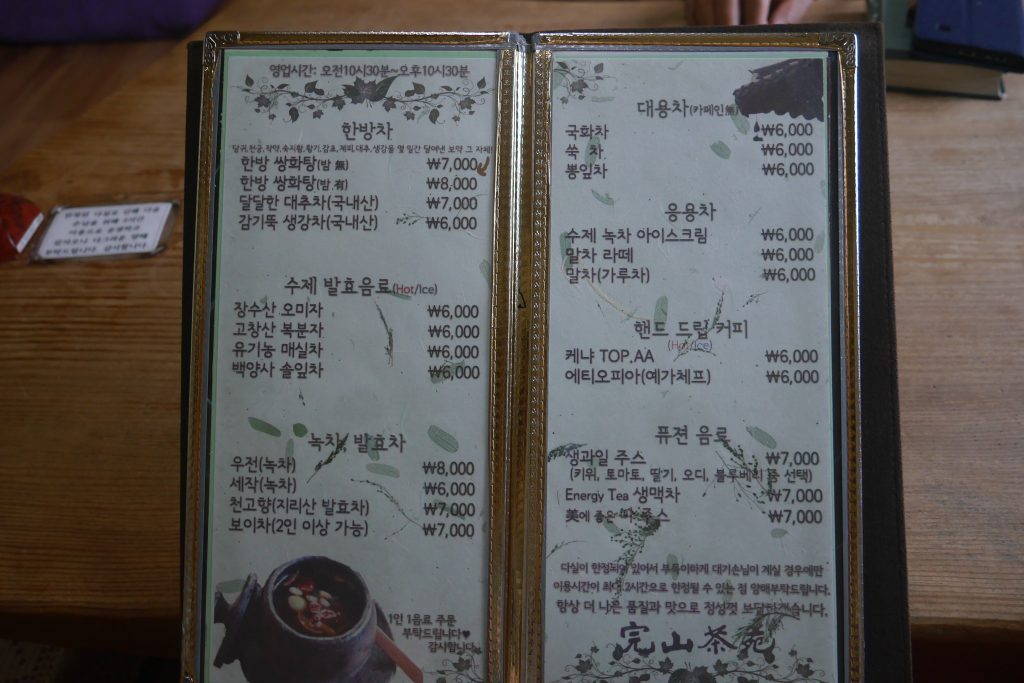
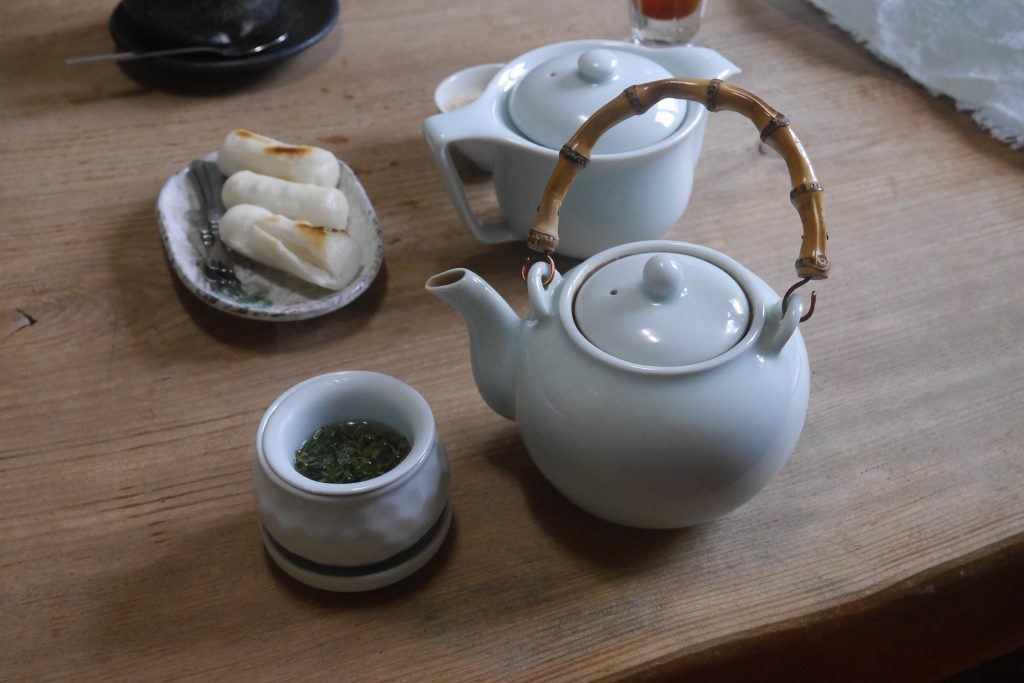
This is how the green tea is prepared.
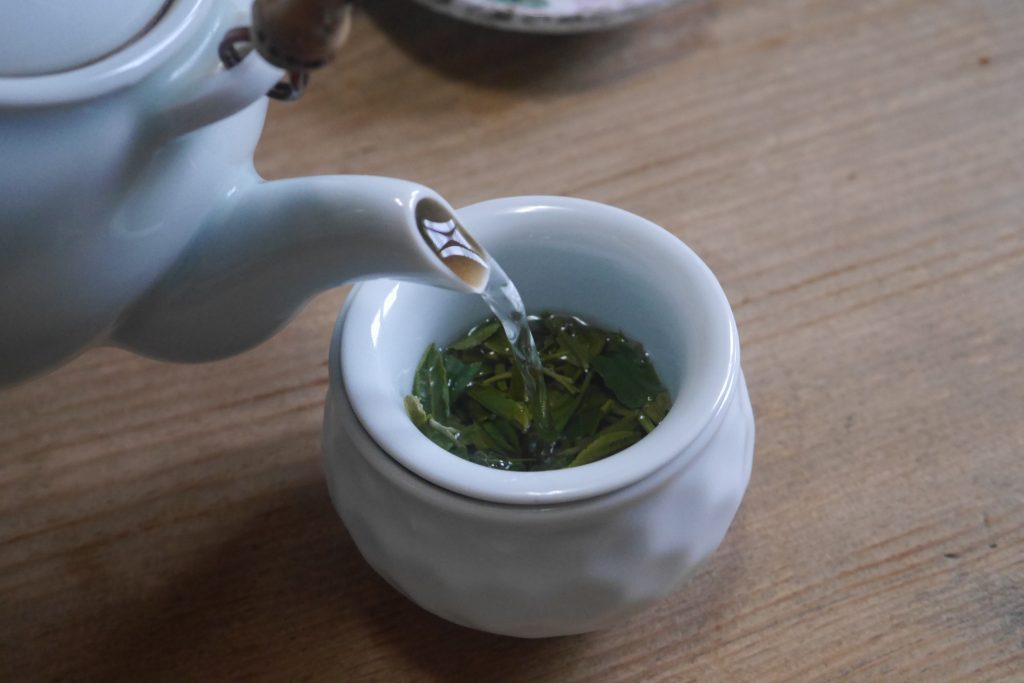
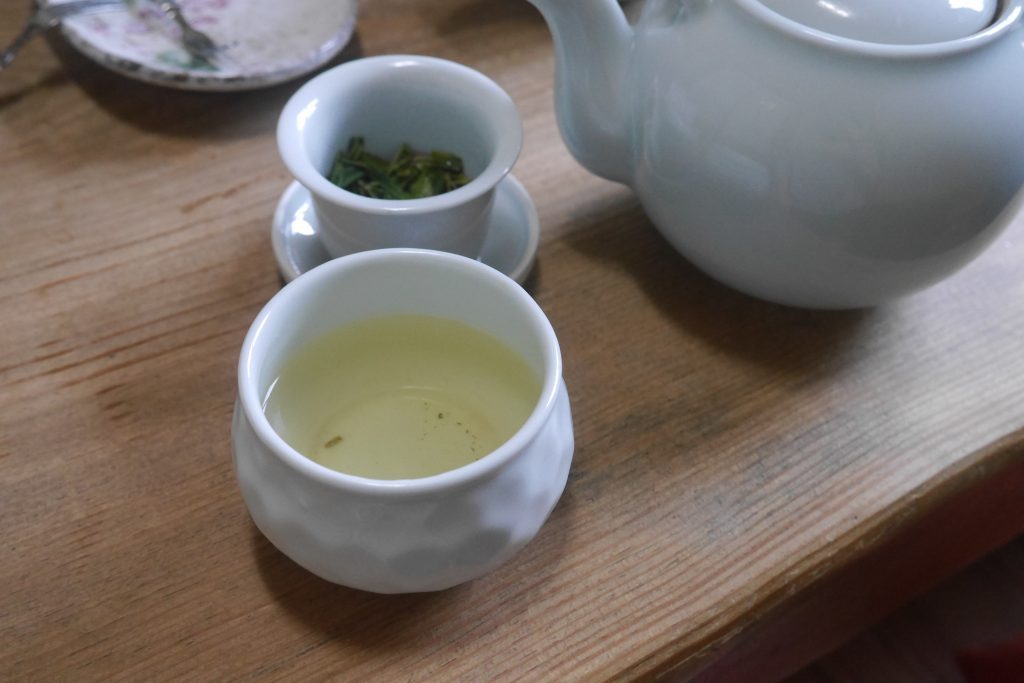
Wujeon tea is made from young tea leaves. The texture of the tea is very soft, and the scent is not noisy. The tea relaxes my taste bud accustomed to strong flavors and smells.
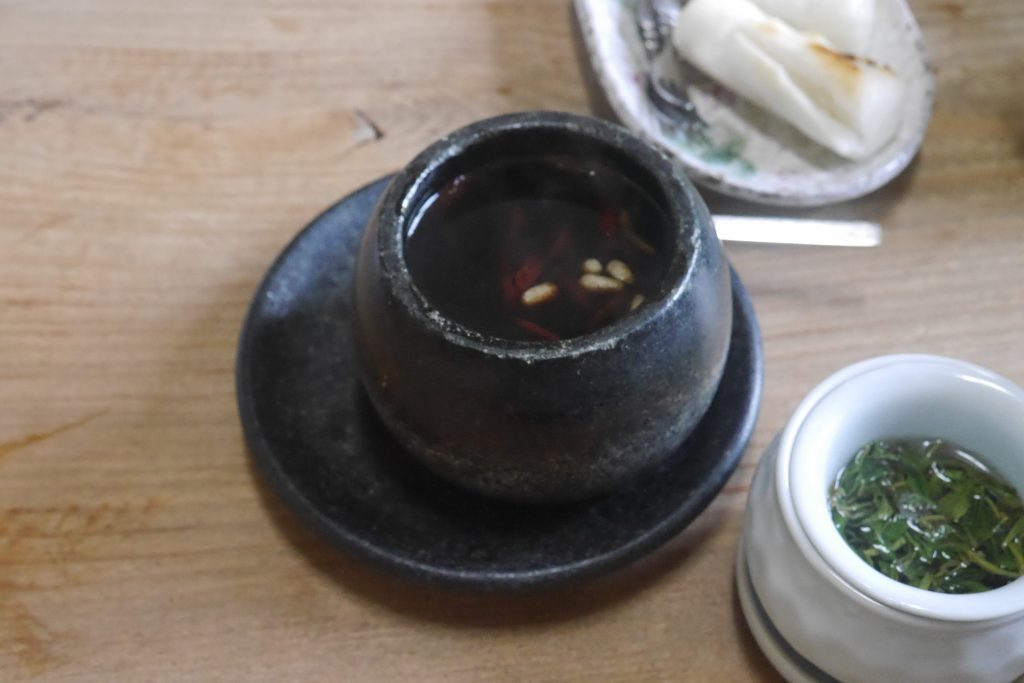
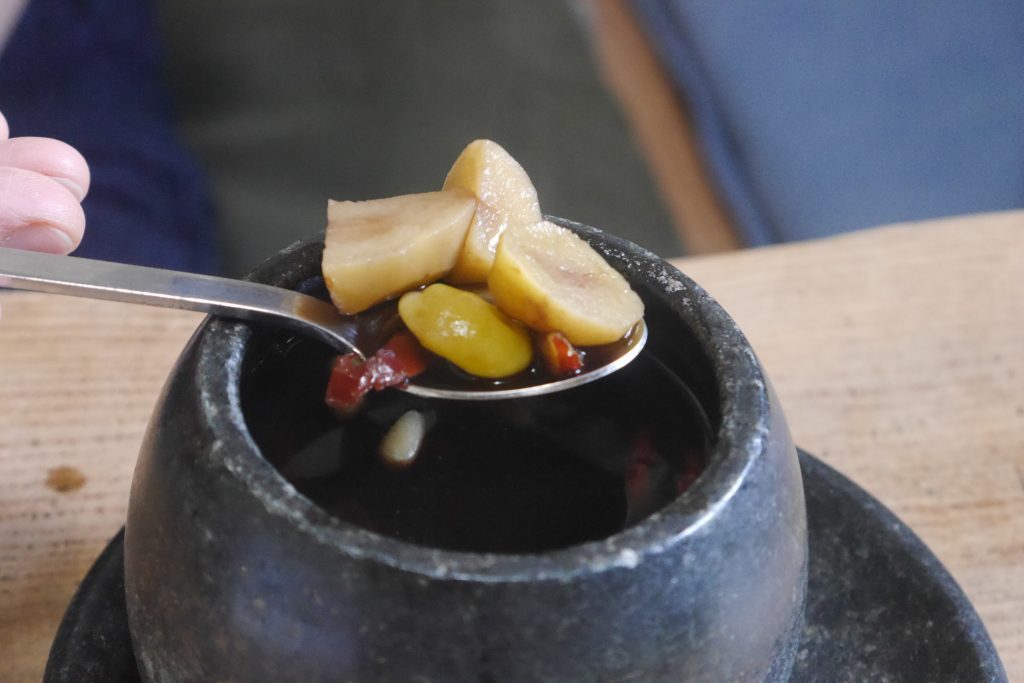
The ssanghwatan in Wansan Dawon is also famous. There were sweet chestnuts in my ssanghwatang.
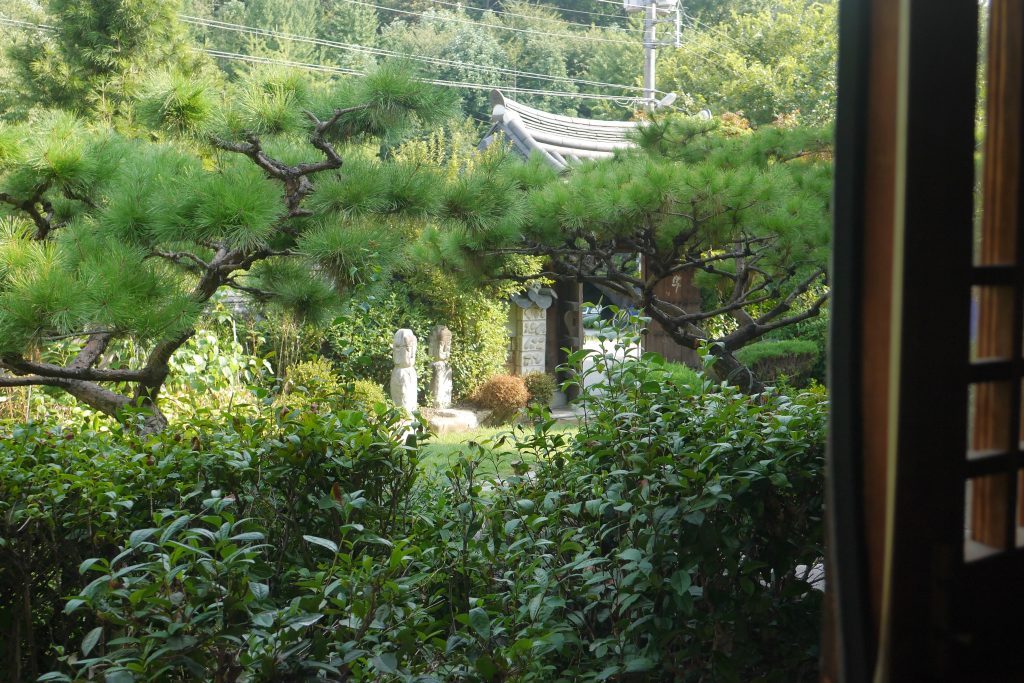
Across the window is the lush green garden. The sound of tea being poured, the waiting for the tea leaves to be properly soaked, friendly talks, and the soft sound of wind chimes were all relaxing for my brain and body.
To celebrate the end of long hot summer heat and to welcome the cool autumn breeze, I recommend visiting the traditional Korean teahouses in Jeonju!
Address: 689-2 Hyoja-dong 1ga, Wansan-gu, Jeonju
Contact: 063-228-1350
Opening hours: everyday 1100~2230



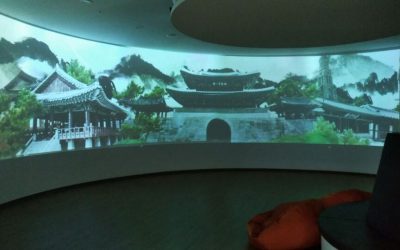
15 Comments